6. 28 Days Later (2002)
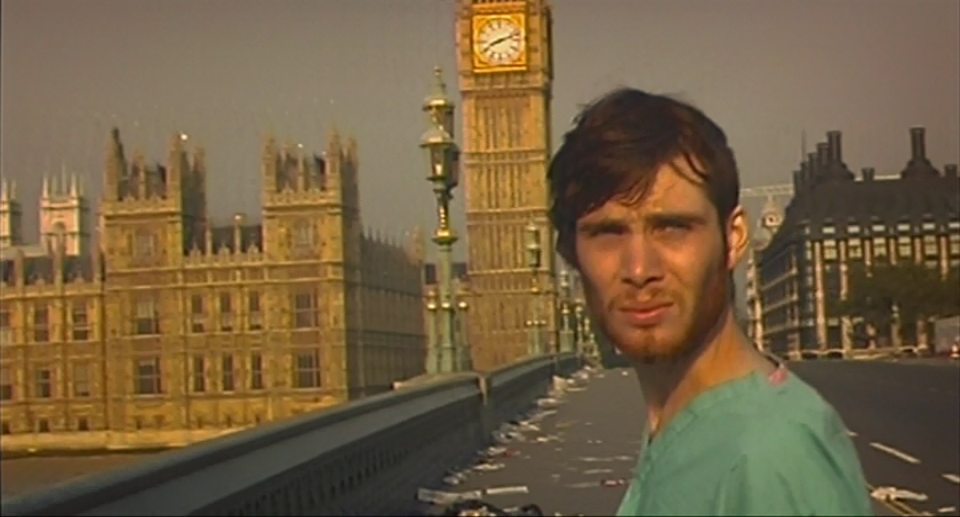
Trying his hand at the horror genre, Boyle gave birth to this masterpiece which is still considered to be the Magna Carta of post-apocalyptic movies. A scientist sets free three infected chimpanzees, who infect everyone else through a contagious virus. 28 days later, in London, Jim, a bicycle courier, awakens from a coma in St Thomas’ Hospital. The deserted city quickly sets him up with an infected pastor and his horde, who narrowly avoid increasing their number owing to survivors’ Selena and Mark’s timely intervention. At the shelter, they explain the societal collapse which has been realized due to the contagious virus. To find more survivors and get an antidote, they voyage ahead into the macabre sea of the infected. The perfectly paced films rank among Boyle’s best works. The magnitude of the sets and the extras don’t seem to hinder the narrative one bit, which ends up doing justice to our faith in the genre.
5. Millions (2004)

Damian learns the ways of the world at a young age when he discovers a bag of money in his backyard. The boy tries to spend the cash altruistically. But he soon has to tackle a difficult situation. Boyle’s only film, not R-Rated is a special treat for the younger ones and takes us on an aesthetic tour of sun-drenched plains sunflower covered fields. The child actors present a vivid and incisive outlook of the innocence of man at the age.
4. Slumdog Millionaire (2008)
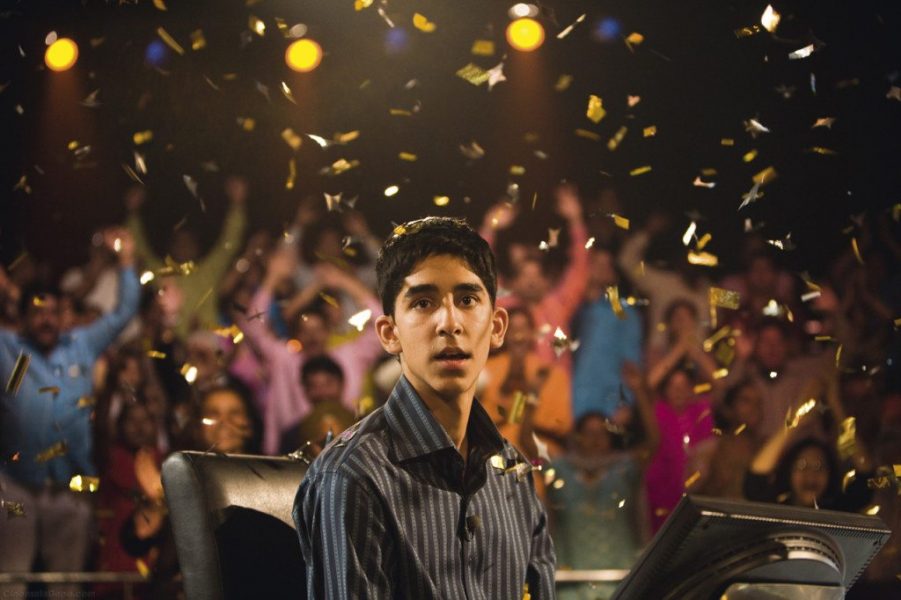
To speak as an honest man, ‘Slumdog Millionaire’ was far from the best film of the year. ‘Milk’ and even ‘The Reader’ was far superior choices which should have won instead. Either way, it can’t be denied that ‘Slumdog Millionaire’ was a good film. Tracking the journey of a simpleton tea-seller Jamal Malik to the pinnacle of the game show ‘Who Wants to Be a Millionaire?’, the film viscerally probes into his early childhood in the slums of Mumbai. Exploring themes such as prostitution, illegal organizations, and the miasma of poverty, ‘Slumdog Millionaire’ is a rare film that comes along not so often. Also a special shout out to Frieda Pinto and Dev Patel for their astonishing turns as Laila and Jamal respectively.
3. 127 Hours (2010)
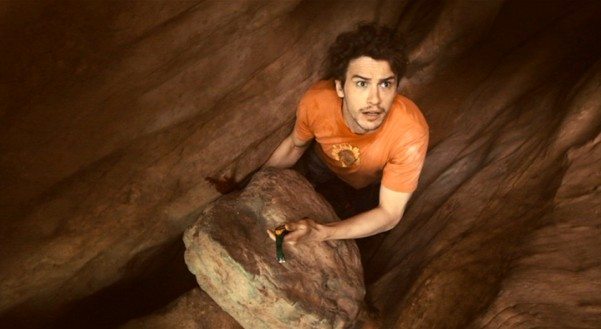
Aron Ralston is a young and adventurous enthusiast, whose outdoorsy and dangerously ecstatic life revolves around biking in the vast terrain of the Grand Canyons. One on of his routine hikes, he unexpectedly falls into a large crack in one of the ceilings and is paralyzed, unable to move due to his hand being stuck under a boulder. As life flashes back in front of his eyes, Aron conjures strength and exemplary determination to get out and live a happy life. Beautifully shot and soulfully scored, ‘127 Hours’ presents an apotheosis of the human will to survive and fight mortally dangerous situations with all heart and valour. Franco gives yet another example of his versatility and intrepidness as an actor with yet another dramatic turn that was engaging and surprising.
2. Trainspotting (1996)
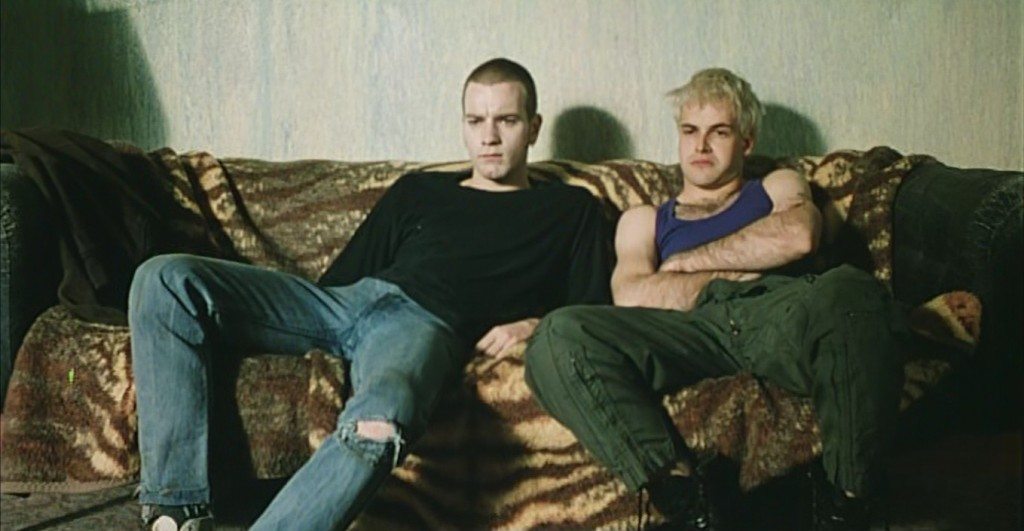
A wild, freeform, Rabelaisian trip through the darkest recesses of Edinburgh low-life, focusing on Mark Renton and his attempt to give up his heroin habit, ‘Trainspotting’ explores how the latter affects his relationship with family and friends: Sean Connery wannabe Sick Boy, dimbulb Spud, psycho Begbie, 14-year-old girlfriend Diane, and clean-cut athlete Tommy, who’s never touched drugs but can’t help being curious about them. Riding on its spectacular performances and the macabre addiction to drugs and sex, ‘Trainspotting’ reassures its status as one of the best British films ever made, and posits Boyle’s position at the very acme of filmmaking.
1. Steve Jobs (2015)
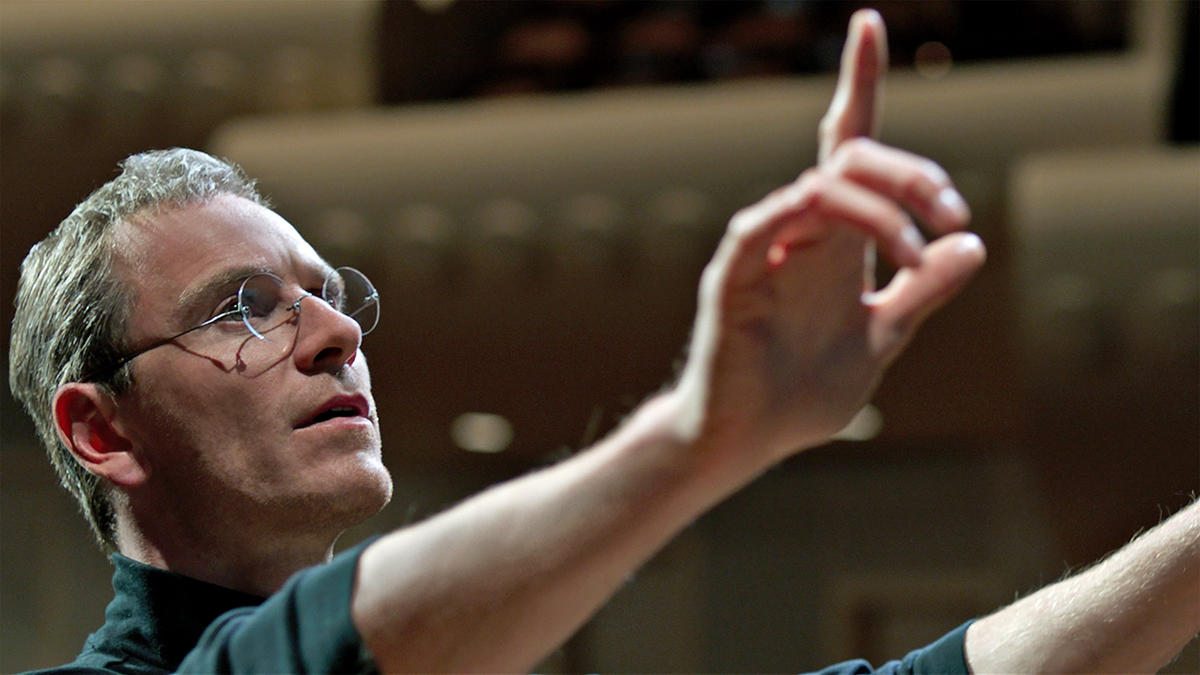
‘Steve Jobs’ is perhaps the most comprehensive and authentic rendition of Steve Jobs’ tumultuous time as the founder of world’s biggest tech company Apple. Its poetic narrative is embellished and broadcasted through an utterly delicious camera work which flows fluidly from scene to scene. The simultaneous plot-lines focus on many different events that revolve around the same despairing centre: Jobs. Even though the screenplay is devoid of flashbacks and anything which pulls it slower and makes it languid, the film s reminiscent of Jobs’ past as a struggling youth looking for a job. Boosted by near-perfect and authentic performances, ‘Steve Jobs’ levels with any other masterpiece in art, emotion, and heart.
Read More: Best Michael Fassbender Movies

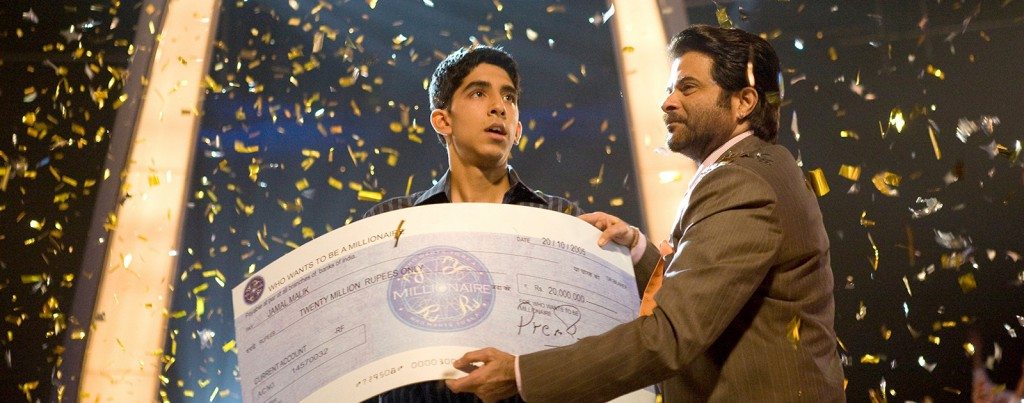
You must be logged in to post a comment.